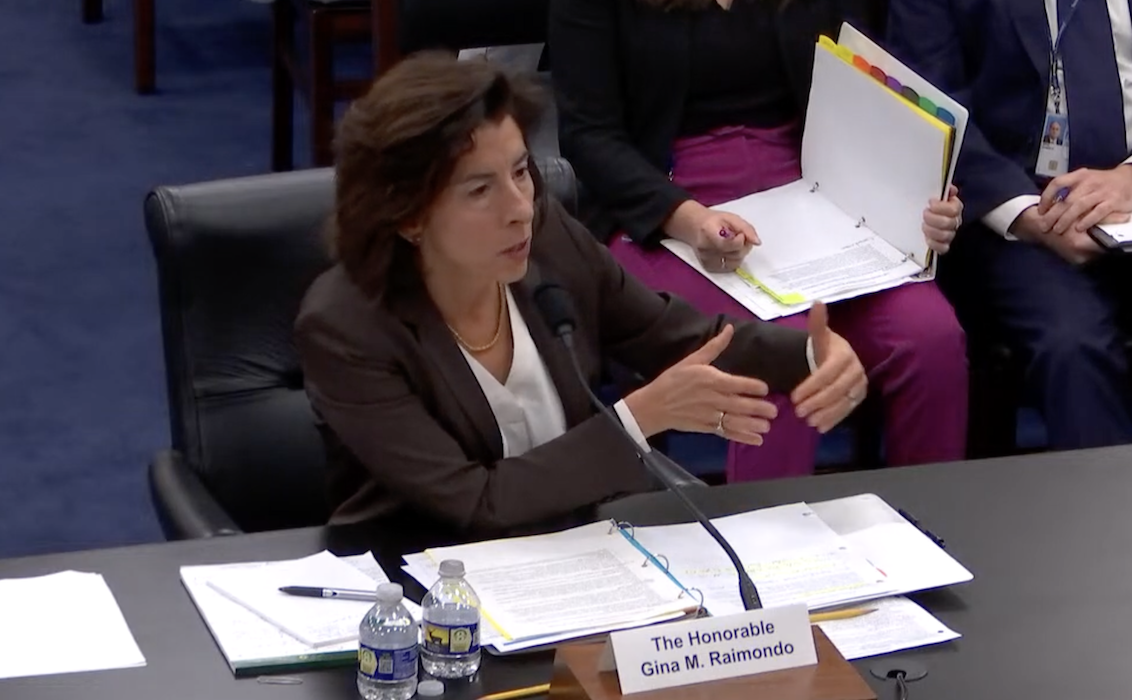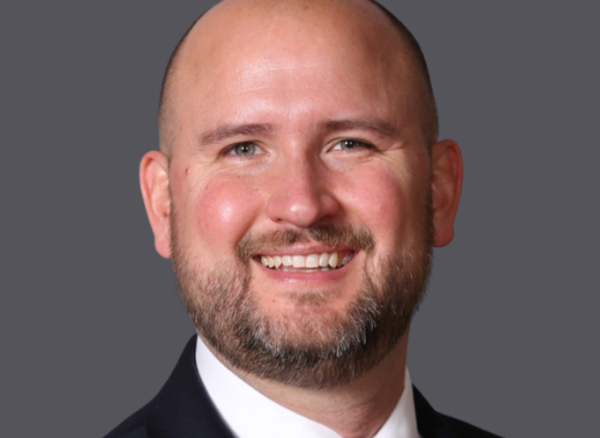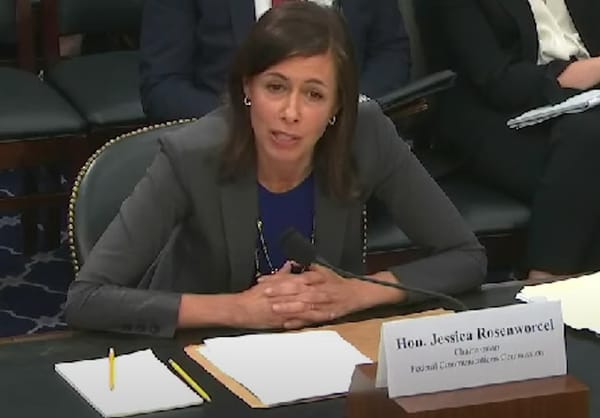Commerce Department is Aiming to Approve All BEAD Plans by Fall
Commerce Secretary Gina Raimondo said there will be more approvals handed down in the coming weeks.

WASHINGTON, May 9, 2024 – Secretary of Commerce Gina Raimondo said on Wednesday she is looking to have all state plans for the $42.5-billion BEAD program approved by this fall. She also said to look for more approvals in the coming weeks.
“By the end of the year, by the fall, I’m pushing the team to have all these plans approved,” she said at a House Appropriations Committee hearing on the Commerce Department’s budget proposal. “I meet with them every week” to check progress and look for ways to move faster, she added.
The National Telecommunications and Information Administration, housed within the Commerce Department, is tasked with managing the Biden administration’s Broadband Equity, Access and Deployment program, an Infrastructure Act program set up to subsidize broadband infrastructure in areas without high-speed internet. States submitted their proposals for implementing grant programs with their slice of the $42.5 billion back in December, and the NTIA has fully approved four of those plans.
With full approvals in hand, states will have one year to field grant applications and award funds before getting final approval from the NTIA. Most states have had the first part of those plans approved, and many are in the process of refining broadband coverage data in preparation for administering the program.
Raimondo also pushed back on Republican concerns over the program’s low-cost requirement, which requires participating ISPs to offer a more affordable plan for low-income households served by BEAD infrastructure. GOP lawmakers and conservative groups have taken issue with the policy before, alleging the agency is illegally violating the Infrastructure Act’s prohibition on rate regulation by asking states to institute strong affordability requirements.
Wednesday’s complaints were more muted than in the past, though.
“You’ve testified repeatedly acknowledging that the underlying statute prohibits NTIA from regulated broadband rates and that you’re not rate regulating, not price setting,” said Rep. Ben Cline, R-Virginia. “But I’m hearing that approval of the plan by my state, Virginia, has been held up because it declined to do just that.”
The agency did send back Virginia’s draft proposal, saying the state’s plan to have providers outline and justify their own low-cost options was not enough.
NTIA wrote in a response to the state that it “must be able to determine the impact to a customer at the Initial Proposal stage – it isn’t enough to know as of the Final Proposal. Thus the low-cost option must be established in the Initial Proposal as an exact price or formula.”
The states with approved plans – Louisiana, Nevada, Kansas,and West Virginia – have gone with price caps of $30 or $50 per month for low-cost plans. Louisiana will let providers bump that up to $60 if necessary for the financial viability of a project.
Raimondo declined to commit to approving Virginia’s plan as previously submitted, but said “What I can promise you is we aren’t rate regulating. We aren’t telling any state, including yours, ‘If you don’t provide it at X dollars we’re not going to give you the money.’”
“But the statute requires us to have low-cost options. So we are obviously pushing states to make sure they’re providing low-cost options,” she said.
That echoes previous testimony from NTIA Administrator Alan Davidson. He’s said the agency itself is not handing down a uniform price providers must offer low-income households, but pushing states to set up concrete affordability plans.
Some spectrum comments
Raimondo said at the hearing that she supports an NTIA study into spectrum sharing in the lower 3 GHz band. Those airwaves are currently reserved for Department of Defense systems, but the 5G industry has been pushing for opening them up to commercial use.
“The DoD needs what it needs to do its mission,” she said. “But I strongly support figuring out how we can find some spectrum to advance commercial innovation without ever impairing their mission.”
A long-awaited DoD study found theband could not currently be shared, but the White House’s national spectrum strategy tapped the NTIA to study the potential for sharing the band in the future.
Raimondo also reiterated support for reinstating the Federal Communications Commission’s authority to auction spectrum bands. That authority expired in March 2023 while lawmakers waited for the results of the DoD’s study and subsequent efforts at restoring it have stalled.








